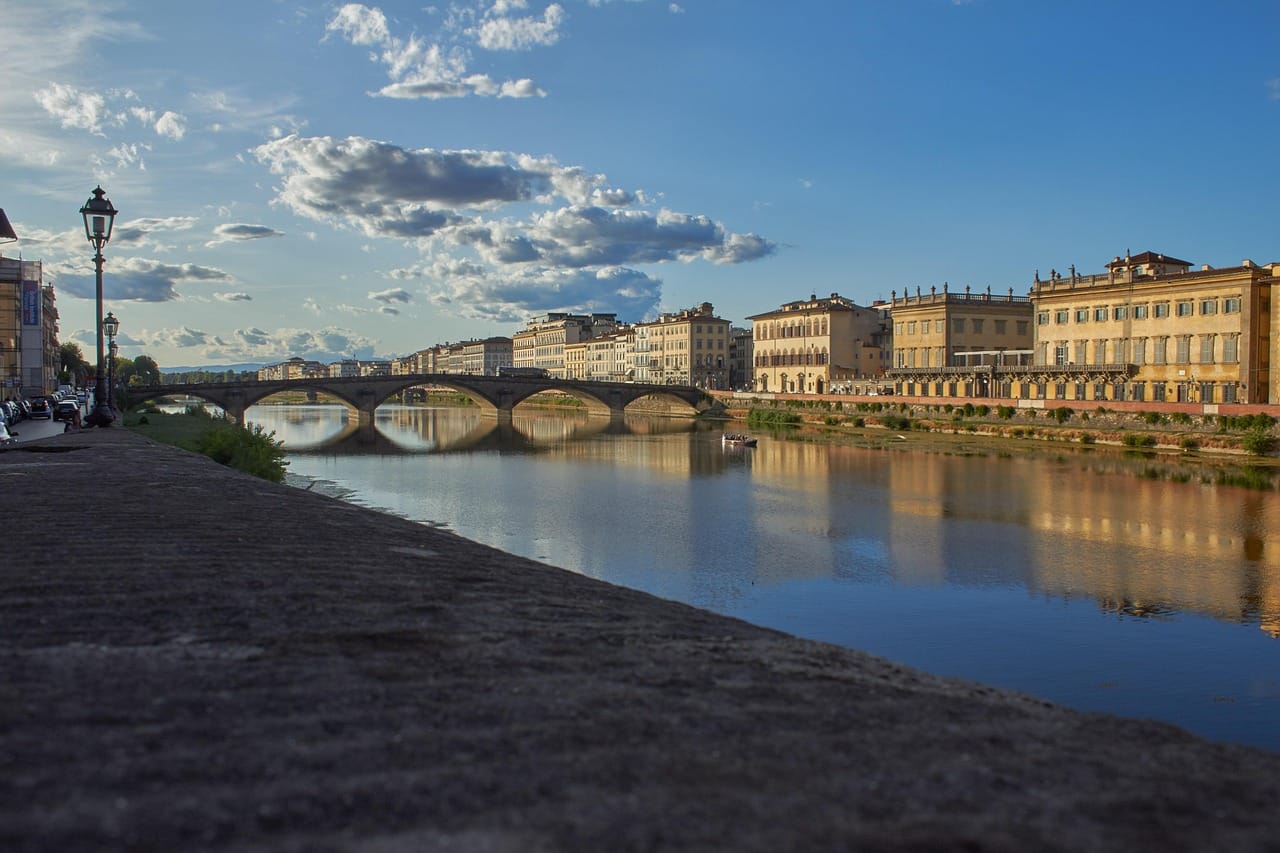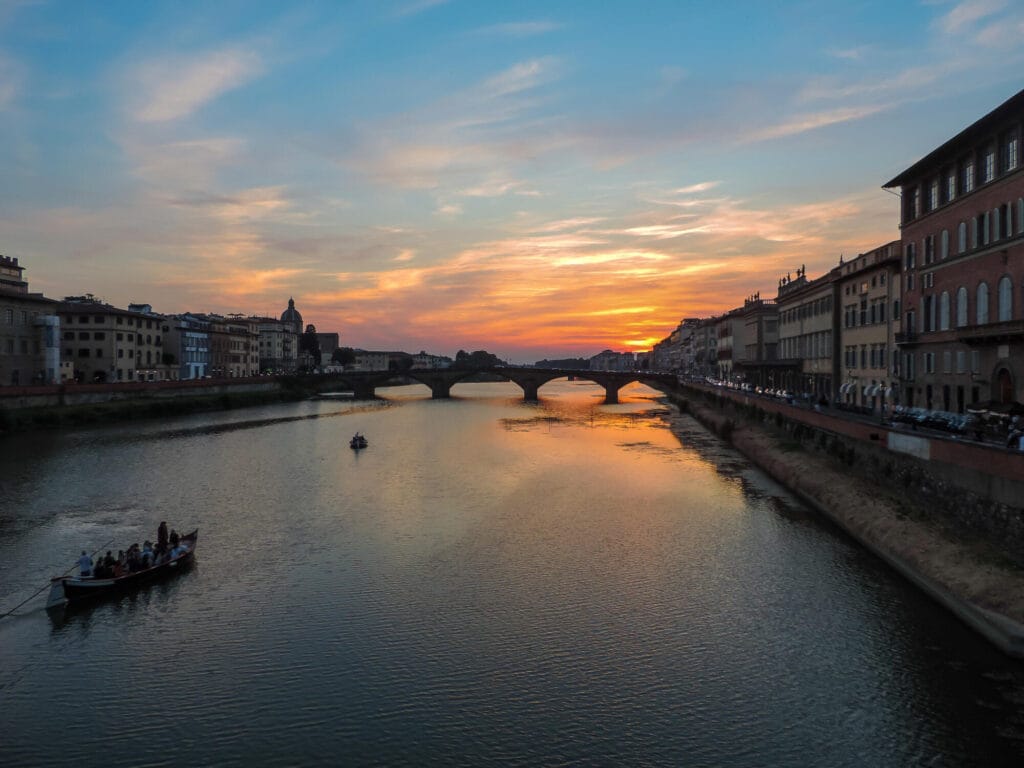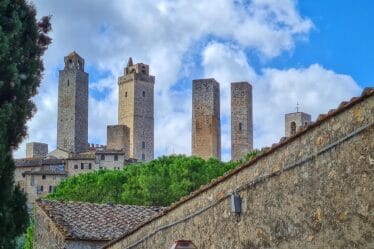

Introduction: Poetic, Dramatic, Medieval Justice
Poetic, Dramatic, Medieval Justice: above is the title of this translated article, capturing both the theatrical and juridical essence of the tale. In the following sections you will discover how one unusual magistrate, Rubaconte da Mandello, left his mark on Florence. In fact, Poetic, Dramatic, Medieval Justice will appear several times to reinforce the theme and improve SEO.
Rubaconte da Mandello: A Magistrate of Many Talents
To begin with, Rubaconte from Mandello was a Milanese podestà—or magistrate—who governed Florence in 1237. Interestingly, his name already sounds like that of a character from a medieval comedy. However, in reality he was a man of law, of rigor, and, moreover, of remarkable juridical creativity.
Furthermore, his reputation rests not on codes or statutes but rather on verdicts that today we might call “creative,” if not outright theatrical. Therefore, he stands out in the annals of Florentine justice as an innovator.
A Fatal Encounter on the Arno
For instance, consider the case of one unfortunate man who, simply seeking a moment of personal hygiene, descended to the bank of the Arno to wash his feet. On the surface, this was an innocent, even poetic, gesture. Yet destiny, as a result, played a dark trick. At that very moment, another poor fellow—known as the Bathhouse Keeper (“il Bagnaio”), owner of a sort of floating “bath” on the Arno—fell from the bridge above and struck him.
Consequently, the Bathhouse Keeper escaped with some bruises and certainly with a story to share for the rest of his life. Unfortunately, the other man was not so fortunate. Understandably, the victim’s relatives—outraged and thirsty for justice (or vengeance, which in the 13th century was nearly synonymous)—appeared before the podestà.
Poetic, Dramatic, Medieval Justice in Action
At this point, instead of simply imposing a fine or a sentence, Rubaconte delivered a verdict that would have put Solomon to shame and Machiavelli to snickering. Specifically, the Bathhouse Keeper was ordered to go down and wash his own feet in the Arno, while the nearest and most devoted relative of the deceased was commanded to hurl himself off the bridge onto him. Thus, this ruling created a kind of poetic justice—indeed, acrobatic vengeance.
In fact, the scene—had it actually taken place—would have been surreal: the Bathhouse Keeper disrobing to wash, the grieving relative taking a running leap, Florentines gathering with bread and onions to spectate. Nevertheless, ultimately, perhaps seized by a sudden spark of pity (or perhaps a fear of getting their new shoes wet), the plaintiffs chose forgiveness.
Legacy on the Ponte alle Grazie
As a result of this and other rulings, Rubaconte made his mark on Florentine history. Not only did he bestow his name upon the famed Ponte alle Grazie (“Bridge of Graces”), but he also proved that sometimes justice is fair, effective… and a little bit spectacular.
This tale of Poetic, Dramatic, Medieval Justice illustrates the intersection of law, theater, and public spectacle in medieval Italy. Moreover, it shows how legal authority could be wielded as performance—indeed, the very notion that a judicial ruling might double as dramatic theater is fascinating.
Further Reading
For more background on medieval Italian law, Florence, and Rubaconte, consider the following authoritative sources:
- Florentine Legal Customs in the Middle Ages – A detailed historical overview.
- Medieval Justice and Public Spectacle – Explores how legal rulings were often performative.
- The Ponte alle Grazie’s Etymology and History – Traces the bridge’s naming and Rubaconte’s influence.
- Rubaconte and Podestà Traditions – An academic entry on his term and rulings.
Conclusion: Poetic, Dramatic, Medieval Justice
In summary, this remarkable episode featuring Rubaconte succinctly embodies Poetic, Dramatic, Medieval Justice—a blend of legal authority, theatrical flair, and human drama that, through forgiveness, ultimately underscores that justice can be inventive, communal, and merciful.



